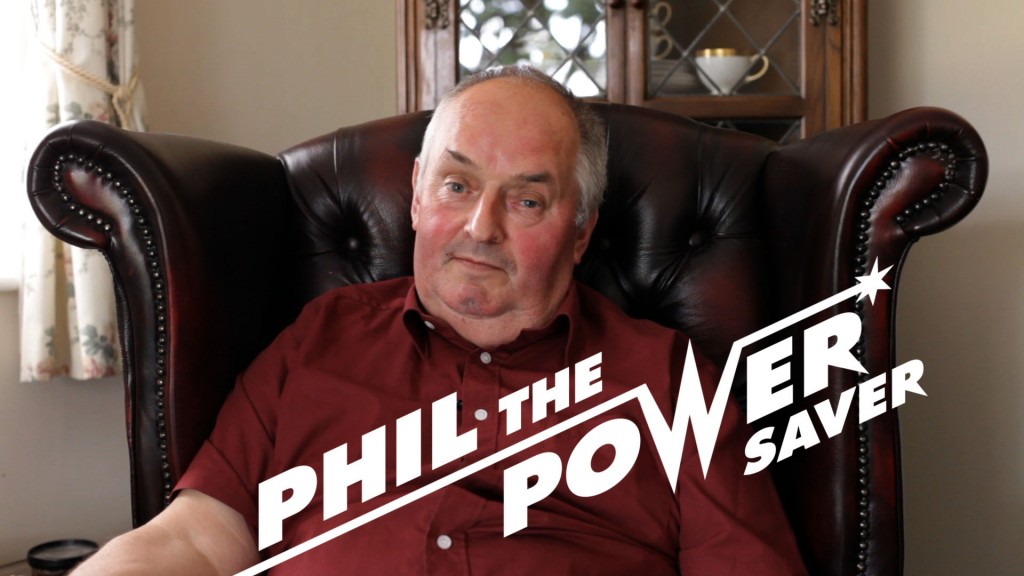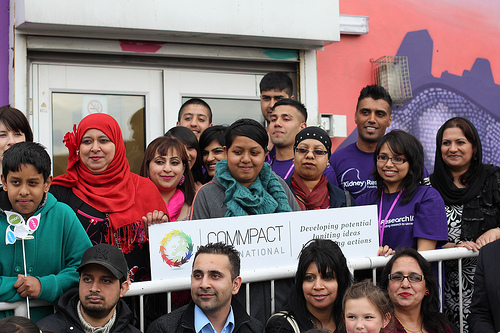A damp squib of a sticking plaster, or what health secretary Andrew Lansley has said is the “most comprehensive overhaul [of social care] since 1948” and an end to the care lottery?
Most early reaction to today’s long awaited care and support white paper and its associated draft bill is firmly on the side of the former view.
I’ve yet to read all the detail, but while there’s a much-needed focus on elderly care, there’s not enough of a recognition for other sections of society needing care and support, and nothing to plug the funding gap.
As Merrick Cockell, chairman of the Local Government Association, told Radio 4’s Today programme this morning: “We haven’t got time to tinker around…We’ve got to look at radical change.” The LGA has said there is a £1.4bn gap this year between the money available and the cost of maintaining social care services. There’s a good run down of the council perspective on the LGC website and while this post from Ermintrude2 was written before the publication of the white paper, it’s a really good explanation of the issues.
While today’s announcement picks up some from the Dilnot report (Dilnot suggested a system for the elderly where the total cost of care would be capped to £35,000 and support to old people should be extended to those with assets of £100,000), any “victory” for common sense and civil society is bittersweet because it fails to lacks the cash to make real far-sighted change a reality. The proposals might well show good will, but there’s no financial way (this communitycare.co.uk piece relates to the vision for social work, which could be undermined by the lack of cash).
It is, as shadow health secretary is quoted in the Guardian’s politics live blog as saying, “a pick and mix approach to the Dilnot package”. So the government hasn’t taken up the “once in a lifetime opportunity” that Dilnot mentioned when he launched his vision of how to fix the social care system.
Among today’s main points are plans for an optional social insurance scheme under which people pay the government premiums to ensure that their costs for care and accommodation are capped, and a “universal deferred payments” system where councils lend money to those needing care, then recover the cash when the house is sold after death. Sound sensible – perhaps even familiar? That’s because it’s already in use – around 9,000 people already used deferred payments.
Today’s government press statement suggests we watch this space: “The government will continue to work with stakeholders to consider in more detail variants under the principles of the Dilnot commission’s model, before coming to a final view in the next spending review.”
Having already waited with bated breath for today’s long overdue white paper and draft bill, it’s unlikely that many will hold it much longer.
Here’s a flavour (by no means a comprehensive round up) of reaction on Twitter and the web to today’s social care white paper:
Richard Humphries, senior fellow at the King’s Fund: “There is a financial vacuum at the heart of these proposals which undermines the bold and ambitious vision for a reformed system set out in the White Paper.”
Julia Unwin, chief executive of the Joseph Rowntree Foundation: “Successive governments have failed to act. Without a sense of urgency more of us face insecurity and uncertainty as we age. The failure to address social care properly will only mean more pressure on the NHS thereby destroying all hopes of a sustainable and functioning health system in the future.”
Clare Pelham, chief executive of disability charity Leonard Cheshire Disability: “It is a question of fundamental decency that disabled and older people should be able to live their lives with dignity in Britain in the 21st century. We hear a great deal about the need to support older people through dignified social care, but it is important that the needs of younger disabled people are not overlooked.”
Mark Goldring, chief executive of Mencap:”The social care system is in crisis. Years of underinvestment and cuts to services have left one in four adults with a learning disability literally stuck in the home, isolated and at risk, with family carers at breaking point and scared about the future…We are reassured to see that the Government has committed to fund immediate reforms, but this promising blue print will never get off the ground if it fails to address the chronic underfunding in social care. The Government cannot delay any longer, and must now outline an urgent plan of how it intends to fund social care reform in the long term.”
Carers UK chief executive Heléna Herklots: “The measures set out in the draft Care and Support Bill would move from piecemeal carers’ rights legislation to the establishment of carers’ rights in government legislation and, for the first time, equalise carers’ rights with disabled people rights…But to make these rights a reality, what carers also need is a social care system with the resources to overcome years of chronic underfunding and rapidly growing demand. Those who face soaring care bills, service cuts and a daily struggle to access even basic support from the social care system, may see new rights in legislation as empty promises without the funding to back them up.”
David Orr, chief executive of the National Housing Federation: “We’re pleased the White Paper recognises that housing is crucial to the integration of health and social care, and welcome the investment to build more supported housing for older people and younger disabled adults…We need a health service that invests in services that keep people out of hospital, not one that simply treats them when they get there….the Department of Health needs to encourage local government and the NHS to pool budgets, focus on housing-based preventative services and set out its full proposals for the funding of social care – for today and for tomorrow.”
Nick Young, chief executive of the British Red Cross: “That the Government is accused of failing to address the social care crisis is no surprise. The scale of the funding problem is enormous and growing. It will take courage, creativity and tremendous degree of political will to solve. That isn’t going to happen overnight.”
Reaction on Twitter using hashtags #carewhitepaper, #ukcare and #carecantwait (also check out @sim89 Storify compilation of early responses):
@ageuklondon Though it contains some good ideas, the #carewhitepaper doesn’t go far enough. The problem of care will not go away and is getting worse!
@Sensetweets Deafblind people continue to be abandoned, as funding fails to materialise – our response to the #carewhitepaper
@TonyButcher #carewhitepaper – like excitedly looking forward to your birthday but then only getting a cheap pair of Primark socks – disappointing
@gary_rae If this is a “watershed moment” for #ukcare then we’re clearly drowning. #carecantwait #dilnot
@Marc_Bush Care crisis demanded decisive action. Today we got a holding statement…’ @scope rspnd 2 @DHgovuk #carewhitepaper http://tiny.cc/scopetocare
@WoodClaudia focus on deferred payments in #carewhitepaper due to absence of other funding ideas. It is option for some, not THE solution being proposed
@Ermintrude2 Disappointed that headlines about #carewhitepaper all seem to concentrate on selling houses to pay for care. System about so much more.













